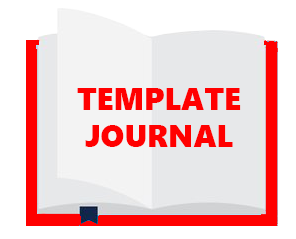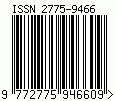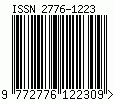EVALUASI KEBIJAKAN PUBLIK
Abstract
This article discusses public policy evaluation. Policy evaluation is a systematic assessment activity that aims to assess the performance, effectiveness, efficiency and impact of a public policy that has been implemented. The aim is to provide input for future policy improvements. In general, this article explains the meaning of policy evaluation, its functions, assessment criteria, evaluation approaches, and methods used in conducting evaluations. The method for preparing this article is literature study (Literature Review), namely by searching or finding data from various sources that are relevant to the general concept of policy evaluation, then complemented by one group's thoughts on the topic presented. This article also explains the purpose of evaluation, namely to determine the level of policy achievement, efficiency, output, impact and deviations. It is hoped that the evaluation results can provide input for the formulation of better policies in the future. Overall, this article comprehensively discusses the basic concepts and methods applied in evaluating public policies.













